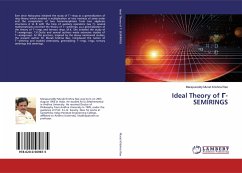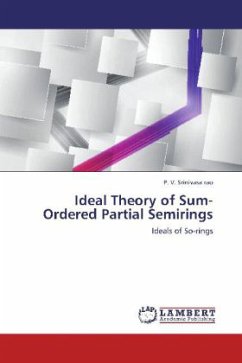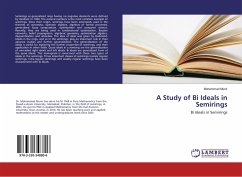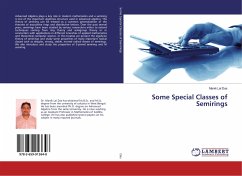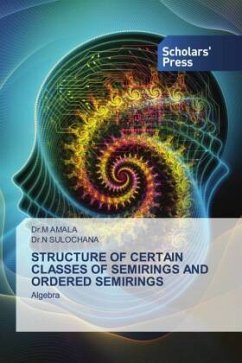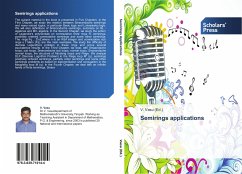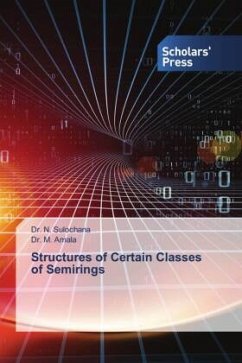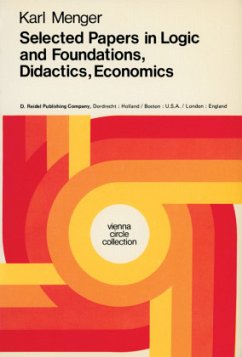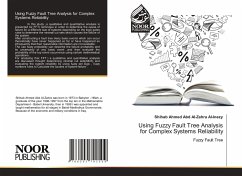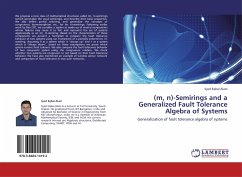
(m, n)-Semirings and a Generalized Fault Tolerance Algebra of Systems
Generalization of fault tolerance algebra of systems
Versandkostenfrei!
Versandfertig in 6-10 Tagen
32,99 €
inkl. MwSt.

PAYBACK Punkte
16 °P sammeln!
We propose a new class of mathematical structures called (m, n)-semirings (which generalize the usual semirings), and describe their basic properties. We also de ne partial ordering, and generalize the concepts of congruence, homomorphism, etc., for (m, n)-semirings. Following earlier work by Rao [37], we consider a system as made up of several components whose failures may cause it to fail, and represent the set of systems algebraically as an (m, n)-semiring. Based on the characteristics of these components we present a formalism to compare the fault tolerance behavior of two systems using ou...
We propose a new class of mathematical structures called (m, n)-semirings (which generalize the usual semirings), and describe their basic properties. We also de ne partial ordering, and generalize the concepts of congruence, homomorphism, etc., for (m, n)-semirings. Following earlier work by Rao [37], we consider a system as made up of several components whose failures may cause it to fail, and represent the set of systems algebraically as an (m, n)-semiring. Based on the characteristics of these components we present a formalism to compare the fault tolerance behavior of two systems using our framework of a partially ordered (m, n)-semiring. Assuming 0 as a system which is always up and 1 as a system which is always down , based on these assumptions we prove which system is more fault tolerant. We also compare the fault tolerance behavior of two congruent system using the congruence relation. We check whether two systems are congruent or not based on their fault tolerance behavior. We have also mentioned an example of wireless sensor network and comparison of fault tolerance in two such networks.



